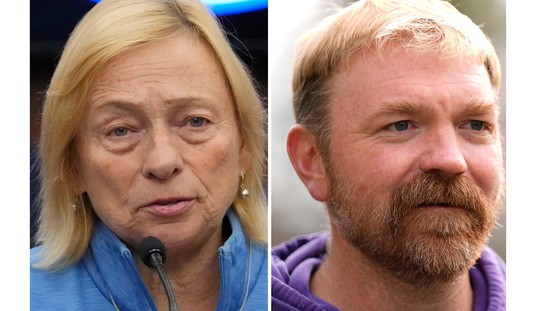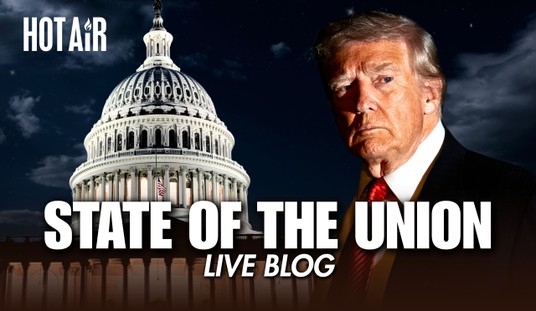Over a year ago, Venezuelan President Hugo Chavez announced to his people that he has cancer, and he’s been taking the odd little trip to communist-buddy Cuba for treatment. Ever since, the Venezuelan government has kept up the pretense that Chavez’s life is in no immediate danger, he’s sure to be cured, his illness isn’t a hindrance to his ability to govern, etcetera. Last week, Chavez left his country yet again for what is supposed to be the last of his cancer treatments, but it appears as if the business-as-usual facade is finally starting to wear thin:
So far, the government has fiercely maintained that there is no alternative to Chavez, who still leads in the polls. But several names have begun to circulate among observers to take the helm should Chavez delegate his powers.
Foreign Minister Nicolas Maduro, Vice President Elias Jaua and National Assembly President Diosdado Cabello are considered potential candidates. They are already cited in polls, triggering speculation over the ramifications of a possible succession battle. …
Jaua will soon be named president of the Council of State, an advisory body whose creation this week is seen by some analysts as the first step toward a potential political transition since Chavez experienced a relapse of the cancer first detected in June 2011. …
Usually all over the Venezuelan media, Chavez now rarely appears in public and has been reduced to sending out tweets during his long absences in Cuba.
Chavez is running for reelection as a “revolutionary socialist” against Henrique Capriles, the youthful Miranda state governor and center-left candidate for the united opposition. …
Even in the president’s own ranks, tensions and divisions are growing. But so long as Chavez is alive, “these confrontations will be relegated to the back stage, because the president of the United Socialist Party can still destroy” his rivals, Leon said.
Bizarre conspiracy theories about the source of his cancer aside, Chavez is reaching the end of his second six-year term limit, and his conspicuously unusual absence from the media (other than his Twitter stream) is fueling questions. His incapacitation and/or replacement would have some far-reaching implications for Venezuela, even if the candidates standing in line to take his slot are still only leftists of a less extreme caliber. The country has grown used to over a decade of the closely-guarded decisions of Chavez’s one-man reign, as have all of Latin America’s socialist nations being supported by Venezuela’s oil wealth.
Whatever whispers there may be of a presidential transition, the fact remains: he’s said that he would relinquish power if he loses October 7th’s election, but if Chavez lives and decides he doesn’t want to go, it would take quite the coup to get him to go. His well-established power has the backing of the bureaucracy and the military, and they will likely defend him to keep the revolutionary dream alive. While the record voter turnout in favor of the opposition candidate in February was an encouraging sign of life from the people, unless Chavez’s health really does take a turn for the worse, Venezuela seems destined to keep languishing under oppression and sub-par living standards for who knows how long. (Meanwhile, certain countries decide to follow their proffered example and indeed go gently into socialism’s good night. …The mind reels.)








Join the conversation as a VIP Member